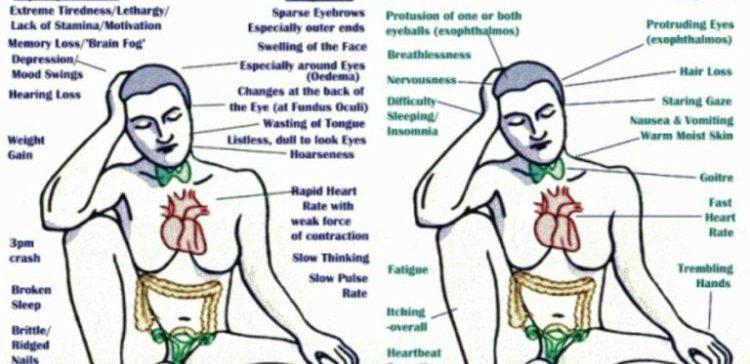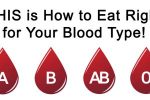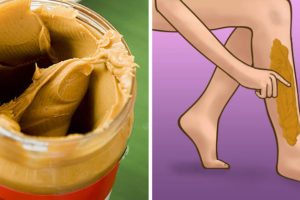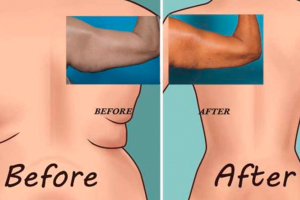5- Hashimoto’s Disease
This form of thyroiditis is the most common cause/form of hypothyroidism. It affects women 7 more times than it does men, and usually occurs around middle age. It can also develop after pregnancy, or be genetic.
You may have any of the symptoms of hypothyroidism, but goiter can also occur. Your risk for Hashimoto’s increases if you have another autoimmune illness like lupus, rheumatoid arthritis, or type 1 diabetes.
Conventional treatment can include lifelong hormone replacement meds. Some people have found success with dietary changes that include eating omega fats, probiotics, gluten-free foods, kelp, or coconut oil. Alternative therapies also include supplements, stress reduction techniques, and herbs.
6- Goiter
Goiter is a bulging in the neck caused by an enlarged thyroid gland. It can be the result of an overactive or underactive thyroid. Symptoms include: bulge in neck, tightness or pressure in the throat, coughing, difficult swallowing, or difficulty breathing.
Too little or too much iodine can cause goiters, as can the diseases Graves’ or Hashimoto’s. It can be remedied with iodine reduction or supplementation if thyroid function is normal. If goiter is causing major physical problems, or hypothyroidism or hyperthyroidism is involved, then medication or surgery may be required.
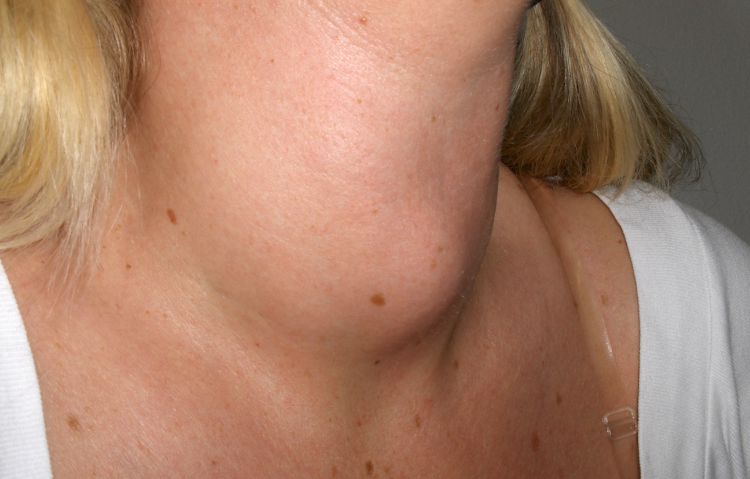
7- Cancer
Thyroid cancer is considered rare but can present with symptoms similar to other thyroid conditions. They include: hoarseness, pain or lump/tumor in the neck, cough unrelated to a cold, difficulty swallowing.
A lump is the most common symptom and a biopsy will be performed for a diagnosis. The most common treatment is radioactive iodine.
8- Thyroid Nodules
Nodules are small lumps that form in the thyroid gland. Most are benign and don’t cause symptoms. However, depending on their location, you may experience signs of hyperthyroidism like shortness of breath, weight loss, swelling in the neck, or increased perspiration. If you notice nodules, have them checked out by a doctor to determine the best course of treatment (if any) necessary.
If you suspect you have a thyroid condition, get evaluated by a physician. Doctors may perform blood tests, a scan, or an ultrasound to help determine a diagnosis. Pay attention to your body and describe your symptoms with detail.
Are you living with a thyroid disorder? Do you manage it with nutrition, medication, or other means? Do you think you may have one?
SOURCES:
Mayo Clinic
Cleveland Clinic
Johns Hopkins Medicine
University of Maryland Medicine
Graves’ Disease & Thyroid Foundation
Tiphero.com

